SUMMARY
This is AI generated summarization, which may have errors. For context, always refer to the full article.
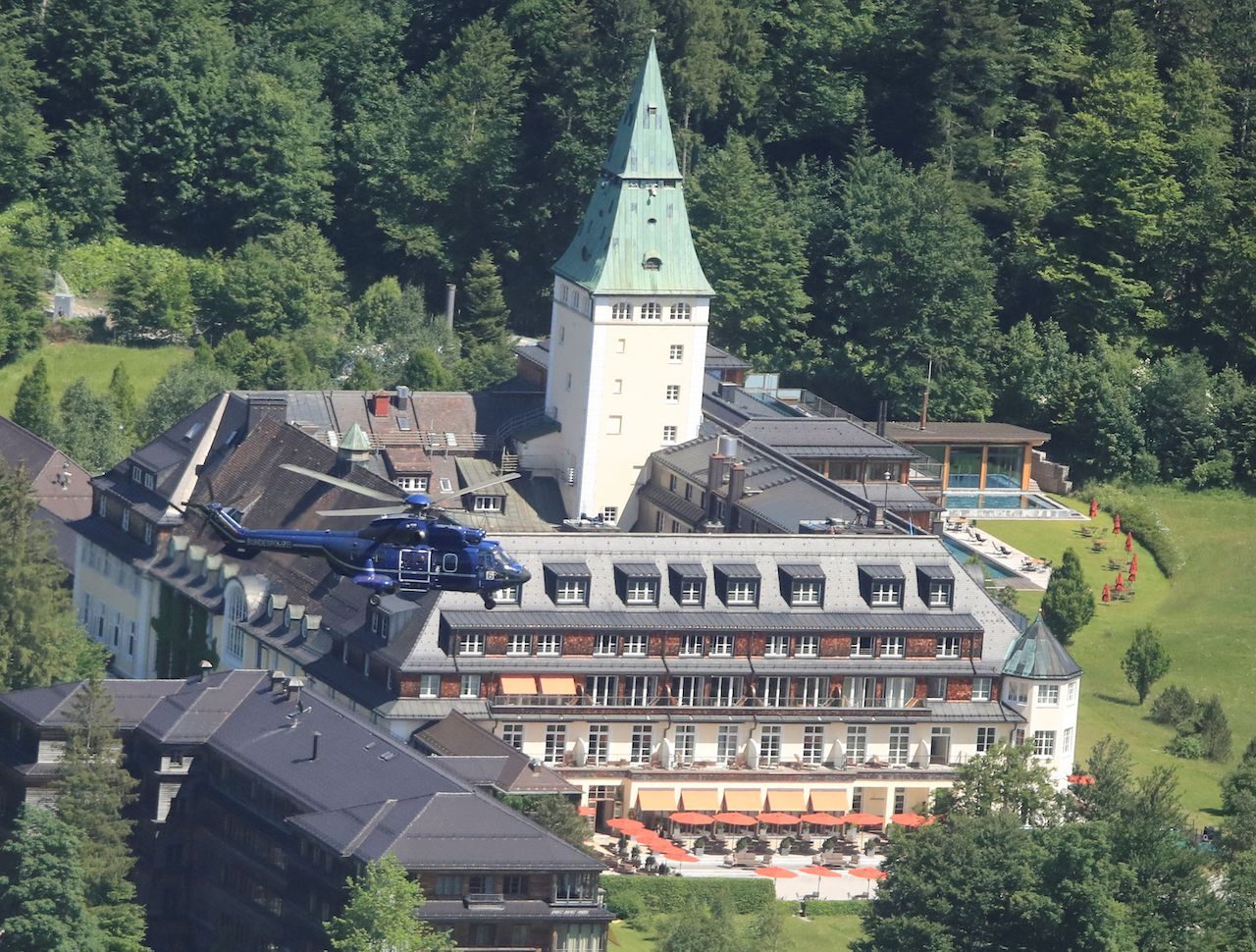
SCHLOSS ELMAU, Germany – Members of the Group of Seven wealthy nations on Sunday, June 26, announced a ban on imports of Russian gold as the G7 summit in the Bavarian Alps begins under the shadow of the war in Ukraine and consequences ranging from energy shortages to a food crisis.
The move by Britain, the United States, Japan, and Canada is part of efforts to tighten the sanctions squeeze on Moscow and cut off its means of financing the invasion of Ukraine more than four months into a conflict Russian President Vladimir Putin calls a special military operation.
“The measures we have announced today will directly hit Russian oligarchs and strike at the heart of Putin’s war machine,” British Prime Minister Boris Johnson said in a statement.
“We need to starve the Putin regime of its funding. The UK and our allies are doing just that.”
A senior US administration representative said the G7 would make an official announcement on the gold import ban on Tuesday.
“This is a key export, a key source of revenue for Russia in terms of their ability to transact with the global financial system,” the US official said.
Russian gold exports were worth 12.6 billion pounds ($15.45 billion) last year and wealthy Russians have been buying bullion to reduce the financial impact of Western sanctions, the British government said.
As well as the gold import ban, G7 leaders were also having “really constructive” talks on a possible price cap on Russian oil imports, a German government source said.
Message of unity
The three-day summit takes place against an even darker backdrop than last year, when British, Canadian, French, German, Italian, Japanese, and US leaders met for the first time since the start of the COVID-19 pandemic.
Soaring global energy and food prices are hitting economic growth in the wake of the conflict in Ukraine, with the United Nations warning of an “unprecedented global hunger crisis.”
Climate change, an increasingly assertive China, and the rise of authoritarianism are also set to be on the agenda.
G7 leaders are expected to show a united front on supporting Ukraine for as long as necessary and cranking up pressure on the Kremlin, though they will want to avoid sanctions that could stoke inflation and exacerbate the cost-of-living crisis affecting their own people.
“The main message from the G7 will be unity and coordination of action,” an EU official said.
The G7 leaders are also expected to discuss options for tackling rising energy prices and replacing Russian oil and gas imports.
The summit also provides an opportunity for German Chancellor Olaf Scholz to demonstrate more assertive leadership on the Ukraine crisis.
Scholz vowed a revolution in German foreign and defense policy after Russia’s invasion in February, promising to bolster the military and send weapons to Ukraine. But critics have since accused him of dragging his feet and sending mixed messages.
Global partners
This year Scholz has invited Senegal, Argentina, Indonesia, India, and South Africa as partner nations at the summit.
“The summit must send not only the message that NATO and the G7 are more united than ever, but also that the democracies of the world stand together against Putin’s imperialism, just as they do in the fight against hunger and poverty,” Scholz told German parliament this week.
Many countries of the global south are concerned about the collateral damage from western sanctions.
An EU official said G7 countries would impress upon the partner countries that food price spikes hitting them were the result of Russia’s actions and that there were no sanctions targeting food. It was also a mistake to think of the Ukraine war as a local matter.
“It’s more than this. It’s questioning the order, the post Second World War order,” the official said. – Rappler.com
Add a comment
How does this make you feel?
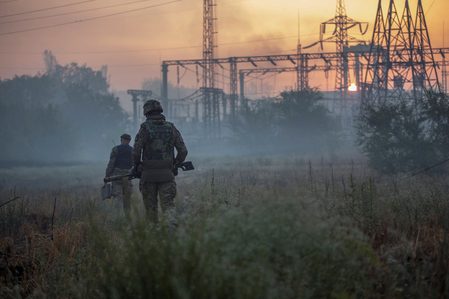
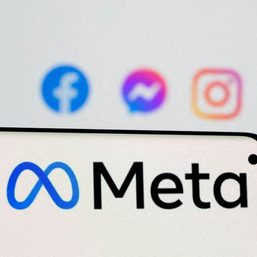
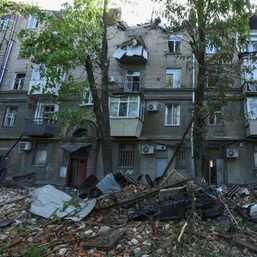
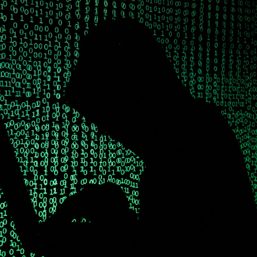
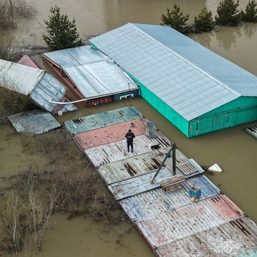

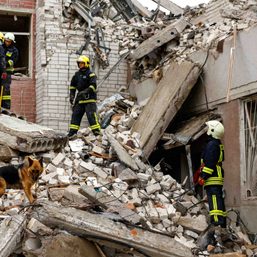
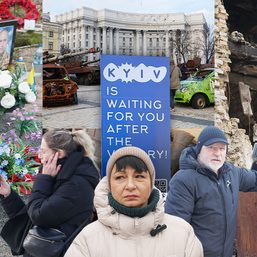
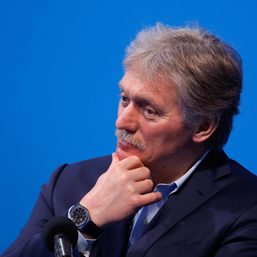
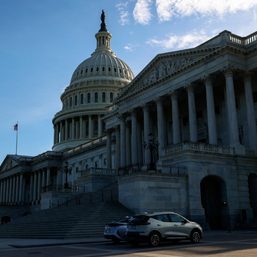
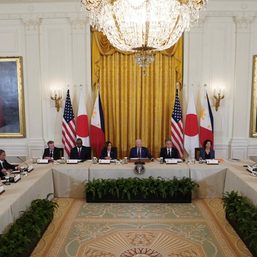
There are no comments yet. Add your comment to start the conversation.